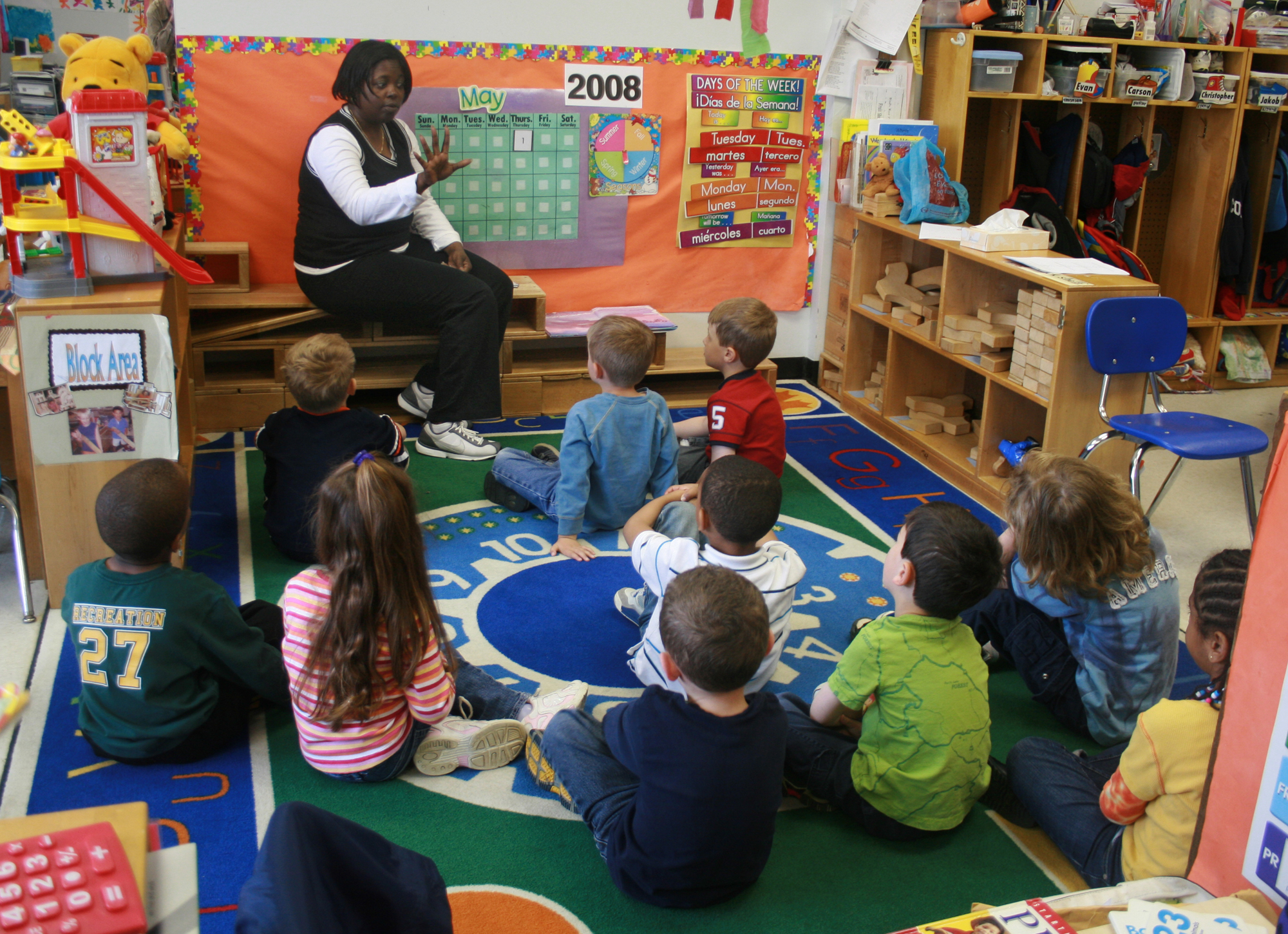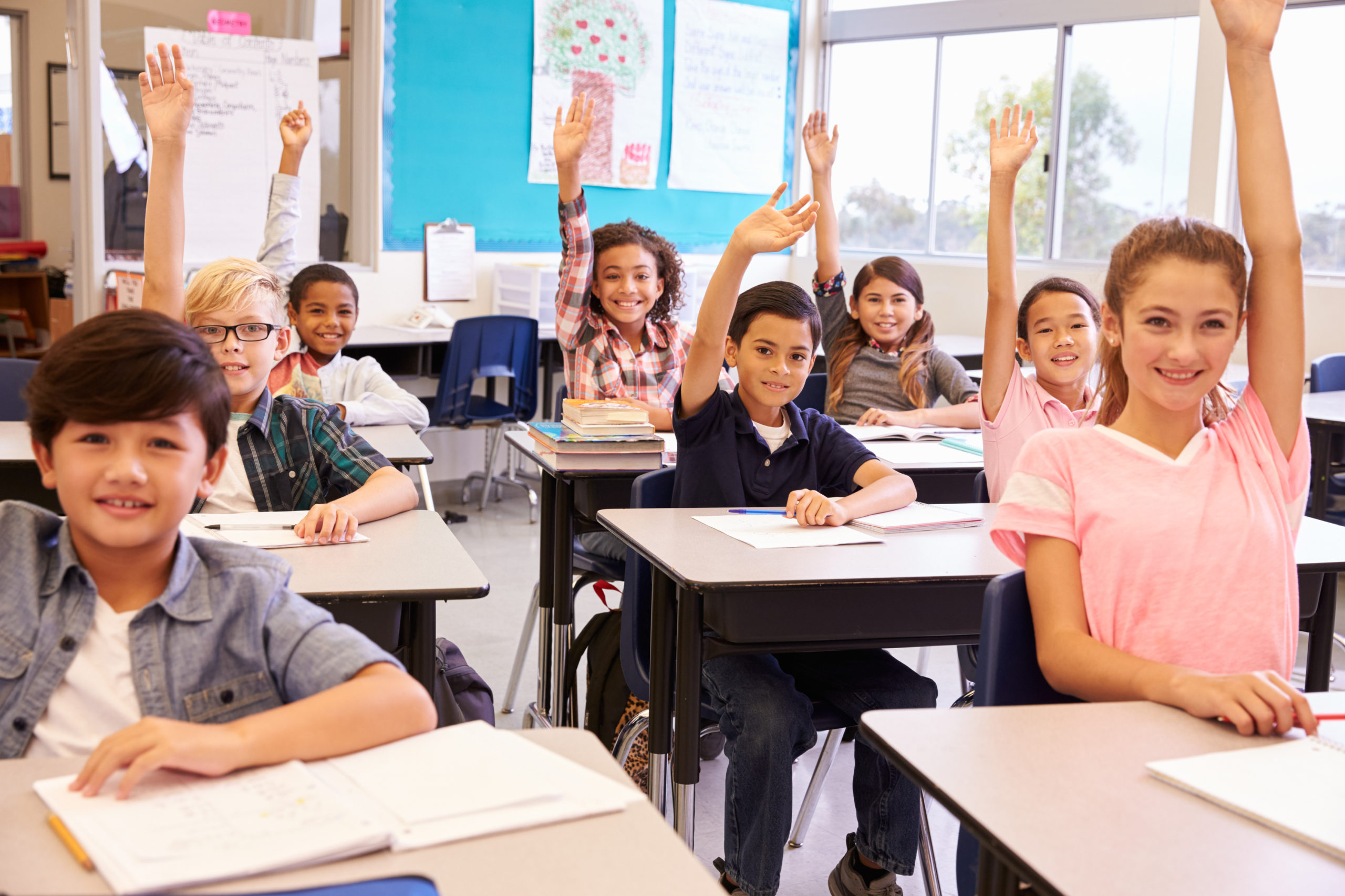Join Us: Events and Initiatives to Save Temecula Schools
How Schools Play an Essential Duty in Shaping Future Leaders and Pioneers
By integrating project-based knowing and interdisciplinary researches, academic organizations test students to analyze and manufacture intricate information. Teachers offer as coaches, directing students and supporting their potential, while extracurricular tasks additionally create management abilities and resilience.
Fostering Crucial Believing
In today's quickly developing globe, promoting important assuming within schools has actually come to be paramount. As society comes to grips with progressively complicated international difficulties, the ability to evaluate, review, and synthesize details is necessary. Colleges play a vital function in creating these skills, preparing trainees to browse and resolve diverse issues with notified, reasoned choices.
To grow critical thinking, instructors use numerous pedagogical approaches that motivate energetic understanding and intellectual interaction. Classroom discussions, problem-based understanding, and Socratic questioning are crucial in promoting logical and reflective thought processes. By testing pupils to question presumptions and consider multiple viewpoints, these methods ensure a deeper understanding of subject past rote memorization.
Furthermore, incorporating important assuming throughout the curriculum enhances its significance and applicability in varied contexts. Topics such as maths, scientific research, history, and literature each offer unique possibilities to develop pupils' critical professors. Evaluating historical occasions needs examining sources and recognizing context, while clinical questions needs strenuous hypothesis screening and evidence-based thinking.
Eventually, instilling crucial thinking abilities in trainees equips them with the cognitive tools needed for long-lasting learning and versatility. It is via this foundational proficiency that future leaders will certainly be able to introduce, resolve troubles, and add meaningfully to culture.
Encouraging Imagination
Accepting creative thinking within educational frameworks galvanizes students to believe past conventional borders and explore cutting-edge options. By incorporating artistic ventures and creativity workouts right into the educational program, colleges cultivate a setting where creativity and imaginative thought are valued. This method not only enriches the academic experience but additionally equips students with the ability to tackle real-world obstacles in unique means.
University can cultivate creativity through diverse means such as project-based knowing, interdisciplinary research studies, and the consolidation of arts and modern technology. Project-based understanding, for circumstances, urges pupils to use their expertise in practical, typically collective, jobs that require creative analytic abilities. Interdisciplinary studies allow students to draw links between various subjects, thereby widening their point of views and boosting their imaginative capacities.
Moreover, supplying trainees with opportunities to engage with arising innovations, such as coding and electronic style, additionally supports their innovative possibility. These activities trigger pupils to experiment, fail, and repeat, which are important components of the creative procedure (Save Temecula Schools). By maintaining an encouraging environment where trial and error is encouraged, colleges can guarantee that pupils create the self-confidence to seek ingenious ideas
Basically, supporting imagination in instructional settings is vital for forming future leaders and trendsetters capable of attending to intricate worldwide problems with resourcefulness.
Promoting Cooperation

Implementing group-based learning modules and cooperative tasks permits pupils to experience the characteristics click for info of team effort firsthand. This not only prepares them for the joint nature of contemporary work environments however additionally nurtures leadership qualities as they frequently have to tackle duties such as project managers or group planners. Additionally, partnership in the classroom can damage down social barriers and promote inclusivity, ensuring that each trainee feels valued and listened to.
Additionally, integrating innovation can better sustain collective efforts. Tools like shared electronic offices and interactive systems allow trainees to collaborate successfully, also outside the classroom. As students develop these collaborative skills, they are better outfitted to tackle complex obstacles and innovate, laying the foundation for their future roles as pioneers and leaders.
Function of Educators as Mentors

Mentorship entails personalized interest, where educators identify and support specific strengths and address weak points. Save Temecula Schools. Through one-on-one communications, educators can customize their guidance and assistance to satisfy each pupil's unique demands, promoting a feeling of self-confidence and strength. This personalized method cultivates a development state of mind, motivating pupils to watch failures as possibilities for finding out and development
In addition, educators serve as role models, showing the values of stability, determination, and compassion. Their activities and mindsets give a plan for pupils to replicate, instilling a feeling of ethical responsibility and social awareness. By producing a helpful and inclusive classroom environment, instructors make it possible for pupils to establish social abilities that are vital for effective leadership.
Basically, the mentorship supplied by instructors lays look what i found a fundamental framework for the growth of future leaders, outfitting them with the expertise, skills, and worths needed to master an ever-evolving world.
Impact of After-school Activities
When integrated efficiently right into the educational framework, extracurricular tasks significantly improve student growth and management capacity. These activities give trainees with possibilities to discover rate of interests beyond the standard educational program, promoting a versatile ability set. Clubs, sporting activities teams, and arts programs cultivate necessary high qualities such as teamwork, time management, and strength. Participation in these activities typically requires trainees to take on responsibilities, therefore nurturing their leadership abilities.
Pupils involved in discussion, dramatization, or music clubs learn to assume critically and approach troubles from varied point of views. By working together with peers from different histories, pupils likewise establish empathy and interaction abilities, necessary qualities for future leaders.
Extracurricular activities also play an essential role in scholastic efficiency. Research shows that pupils included in such programs tend to have greater grades and better presence records. These activities supply a healthy electrical outlet for anxiety, contributing to total wellness. Thus, colleges that prioritize a well balanced technique to education, incorporating robust extracurricular programs, are extra likely to produce leaders and pioneers equipped to fulfill the difficulties of the future.

Final Thought
In final thought, schools substantially form future leaders and trendsetters by nurturing important reasoning, creative thinking, and cooperation amongst pupils. By promoting a helpful setting that values private toughness and team effort, institutions gear up pupils with the needed skills to navigate future difficulties and drive innovation.
As pupils establish these collective skills, they are much better furnished to deal with complex challenges and introduce, laying the groundwork for their future roles as leaders and pioneers.
By promoting crucial thinking and analytical skills, educators assist students browse complicated challenges, preparing them for management functions in various areas.
By working together with peers from various backgrounds, students Homepage additionally create compassion and communication abilities, vital qualities for future leaders.
In final thought, colleges substantially shape future leaders and innovators by supporting important thinking, creative thinking, and collaboration among pupils. By promoting a supportive atmosphere that values individual toughness and teamwork, colleges outfit students with the essential skills to navigate future obstacles and drive advancement.